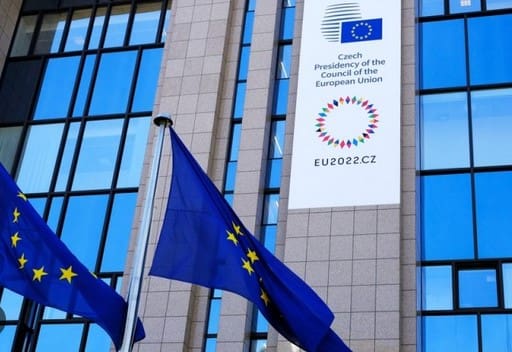The EU presidency and the Parliament have reached a provisional agreement on a proposed EU law to improve national authorities’ access to financial information. This agreement is designed to facilitate financial investigations and track illicit proceeds. Under the agreement, EU member states must provide data from centralized bank account registers through FIUs and other law enforcement agencies in compliance with an upcoming anti-money laundering directive.
Background: According to Transparency International EU and Global Financial Integrity, the estimated value of transnational corruption worldwide, relying on techniques to disguise the origins and destinations of illicit financial flows, ranges from €1.3 trillion to €1.8 trillion annually. Research indicates that illicit activities within the EU generated approximately €110 billion in 2010, equivalent to around 1% of the EU’s GDP. Furthermore, the European Commission estimates that tax fraud and evasion cause the EU to lose up to €1 trillion annually, OCCRP reports.
These new national registers contain information about bank account holders and their respective banks. The agreement will grant access to this data to financial intelligence units and national authorities dealing with criminal offenses.
Swedish Minister for Justice Gunnar Strömmer highlighted this agreement’s significance. He emphasized that access to financial information is crucial in tracing and confiscating crime proceeds. The agreement will enable police authorities to have improved access to illegal money flows.
Currently, obtaining such information requires cross-border cooperation, leading to delays and inefficiencies. The European Parliament has also supported a proposal by the European Council, endorsing the requirement for financial institutions to share transaction records, including bank statements, in a standardized format during investigations. This standardized format is expected to streamline the work of law enforcement agencies and expedite their processes.
These proposed measures stem from the anticipated revision of the EU anti-money laundering directive, which aims to provide law enforcement authorities with access to and the ability to search bank account registries through a central access point. This agreement is crucial to ensure that law enforcement authorities have the same level of access as financial intelligence units.
The agreement will now need to be endorsed by member states before being formally adopted by both the Council and the European Parliament. Its adoption will coincide with the adoption of other related legislative instruments in the area of anti-money laundering, which are currently undergoing negotiations. Denmark, however, will not be participating in the adoption of this proposed measure.
